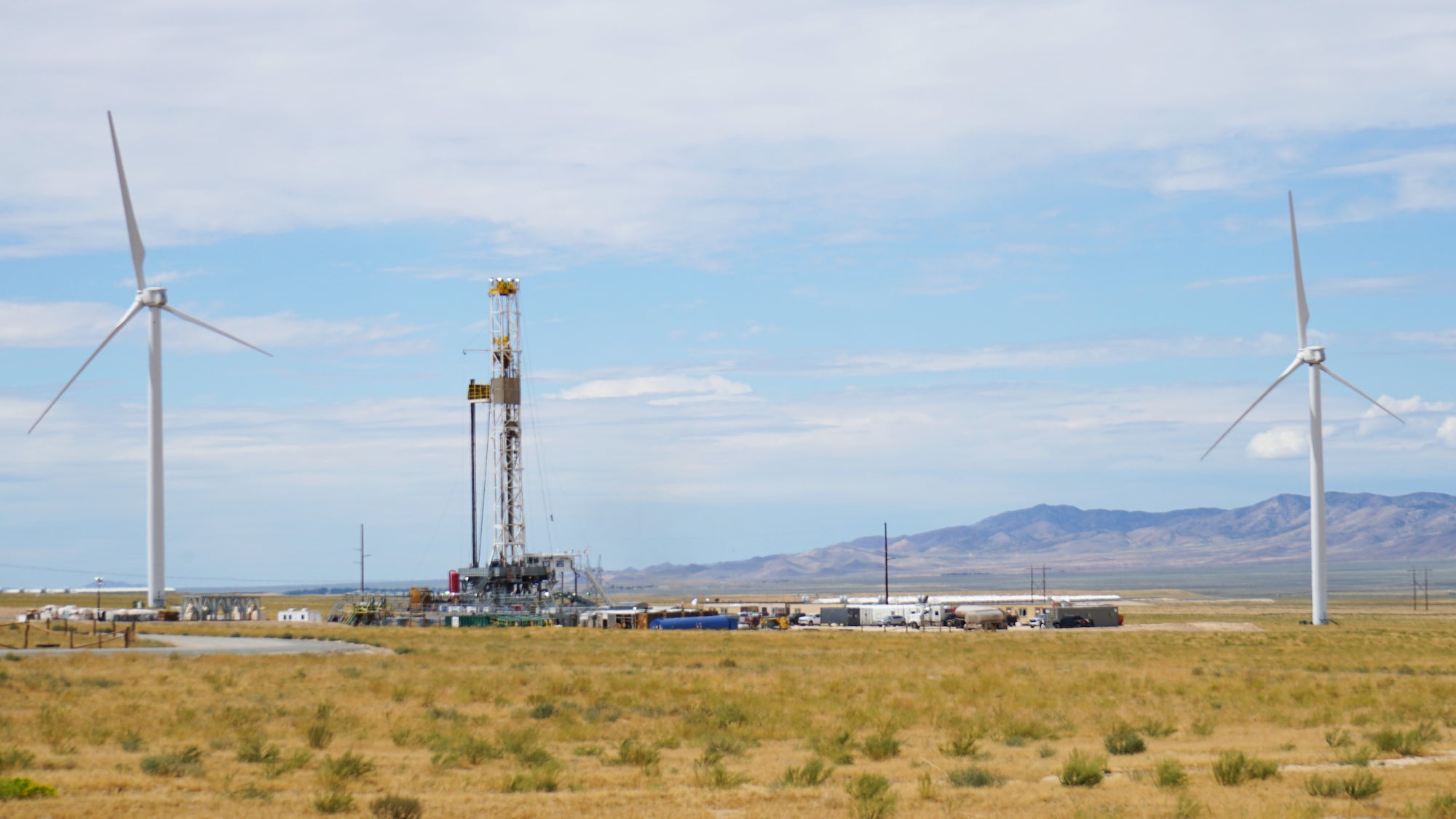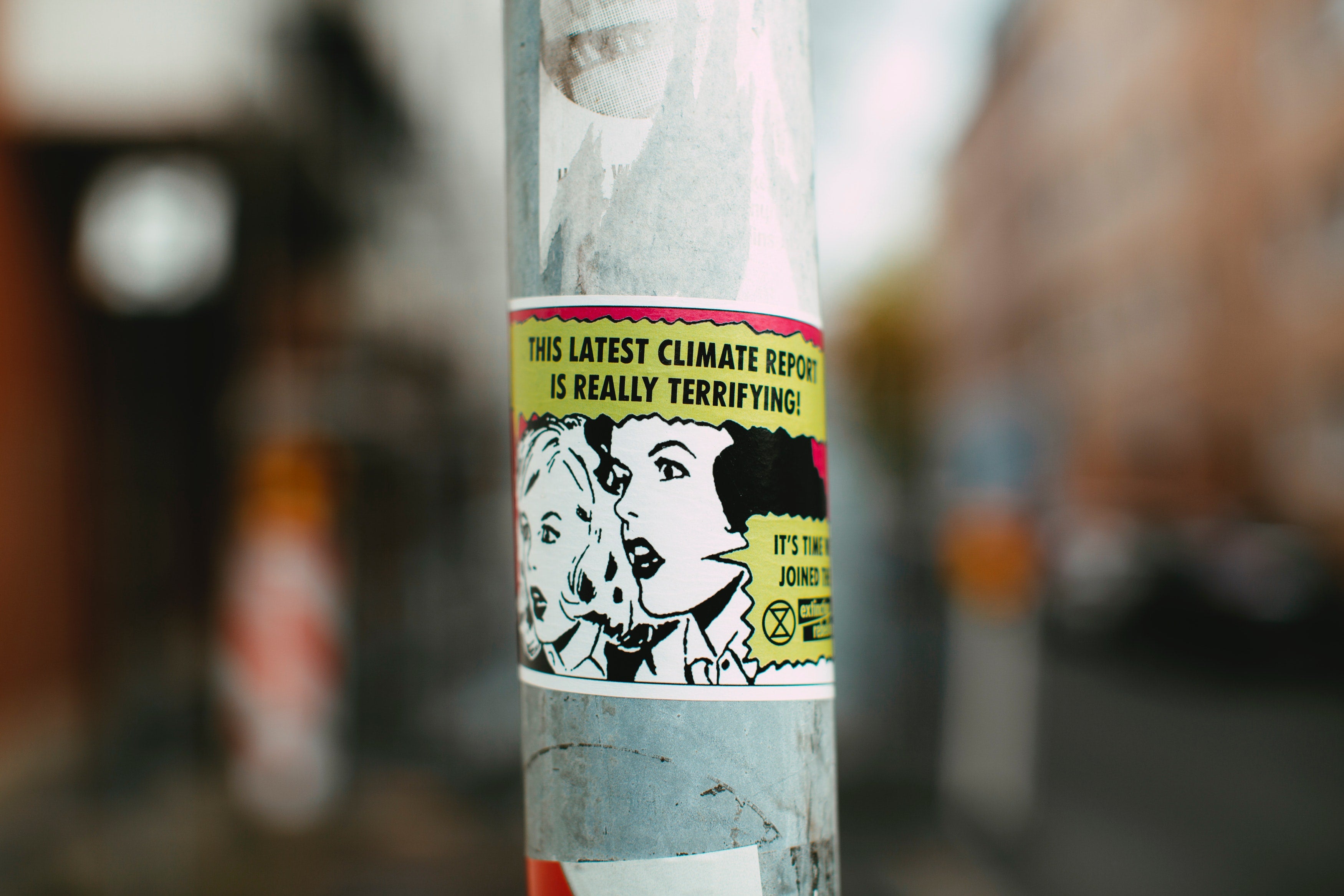Editor’s note: Hey everyone, and welcome back to one5c. This past week, I spent several hours digging into the International Energy Agency’s latest net-zero roadmap. Its models show that the path to 1.5C is still open—but narrowing. I’ll admit, it can be hard to maintain a positive attitude when the to-do list for holding back the worst impacts of the climate crisis sports numbers like tripling renewables and axing methane by three-quarters by the end of the decade. But, as the IEA points out, we have the technologies we need to make it happen. The biggest push is one of willpower and persistence.
Persistence can come in many forms—from a group of young people in Portugal suing countries for doing too little to cut emissions, to the steady build-out of the energy storage the U.S. grid needs to make a reliable renewable switch. It’s also embedded in the way we talk about this work every day, which is why this week I chatted with longtime climate communicator Susan Joy Hassol about a big question in the climate lexicon: Should we say “climate change” or “global warming”?
If there are other terms you want help wrapping your head around, definitely give me a shout at corinne@one5c.com. And, as always, please share us with a friend.
Good read: How do we decarbonize aviation?

Although aviation represents less than 3% of total annual global emissions, for folks who do fly (that’s only a small percentage of the population), the trips they take make up a sizable chunk of their carbon footprint. The quest to decarbonize air travel is incredibly complex, because it includes modeling a web of demand, flight efficiency, and fuel. Hannah Ritchie at
Sustainability by numbers breaks this all down in a two-part series, including a deep dive into whether or not biofuels could ever be the answer.
🎧 Listen to this: Climate in the courts
When a Montana judge ruled that the state’s failure to curtail fossil fuel emissions violated residents’ rights to a clean environment in August, the decision was heralded as a precedent-setting moment in climate accountability—and not just in the U.S. This past week, the European Court of Human Rights heard the case of six young Portuguese people suing 32 nations for failing to curb emissions. What could this all mean for the future of climate litigation? This week’s edition of the Columbia Energy Exchange podcast is an in-depth conversation about the shifting role of the courts in holding governments and private companies accountable for their role in the climate crisis.
Cause for optimism: The next generation of geothermal power

In 2022, geothermal power represented only 0.4% of the total energy produced in the U.S., but a new type of plant taking shape in Utah stands to up the ante for the renewable source. Once complete, Cape Station, which broke ground last week, promises to be the largest next-gen geothermal plant in the world. Unlike conventional geothermal operations, which rely on heat naturally making its way to the surface through sources like hot springs, Cape Station will drill wells to reach heat reserves deeper underground. Maria Gallucci digs into its risks and rewards at Canary Media.
One good stat
2,314. The number of homes that could run for a full year on the 24.6 gigawatt-hours of energy storage capacity currently available in the U.S. Between April and June of this year, the country added 5,597 megawatt-hours, the single biggest quarterly gain to date, which puts the nation on pace to have 221.5 gigawatt-hours (enough to run more than 20,000 homes for a year) in 2027.
Earth-friendly eats: A simple upgrade for meatless Mondays
In the season of pumpkin-spiced everything, Cool Beans has its eyes on a new do-it-all condiment at Trader Joe’s that’s got nothin’ to do with the typical fall fanfare. Sweet, spicy, and tangy Sri Lankan Mango Chutney is an easy upgrade to countless meals, including a vegan sheet-pan supper so flavorful meat wouldn’t make even a bit better.
Words That Define: Should I say ‘climate change’ or ‘global warming’?
Short answer: Both—and neither.
Long answer: Climate change refers to any shift in the planet’s climate that’s ever happened. Global warming refers to a period of climate change in which the average global temperature goes up.
Do both of those terms accurately describe what’s happening right now? Yes.
Are they the best way to talk about how humanity has completely screwed up the planet? Nope. While the climate has always changed, and there have always been periods of warming, what we’re experiencing now and the rate at which we’re experiencing it isn’t part of those natural cycles.
But both terms lack the same two characteristics, the ones that underscore why we’re talking about this in the first place: agency and urgency. Agency because this is not some passive act; humans have caused the current period of warming, and it’s important to use casual conversation to remind ourselves and others of that. Urgency because the rate at which the planet is heating up is unusually rapid; its effects have created a legitimate, universal, and global threat.
Trends in usage show that folks are catching on. Lexicographers at the Oxford English Dictionary and media scholars at the University of Colorado Boulder have logged upticks in terms like “climate crisis” and “global heating,” while the incidence of “climate change” has slowed.
Best answer: Say what you mean, and what we mean to say is that this is not normal. The climate is not simply changing. It’s been disrupted (“climate disruption”). It’s in crisis (“climate crisis”). To an increasing degree, it’s an emergency (“climate emergency”). Similarly, the globe is not “warming;” it’s “heating.”

